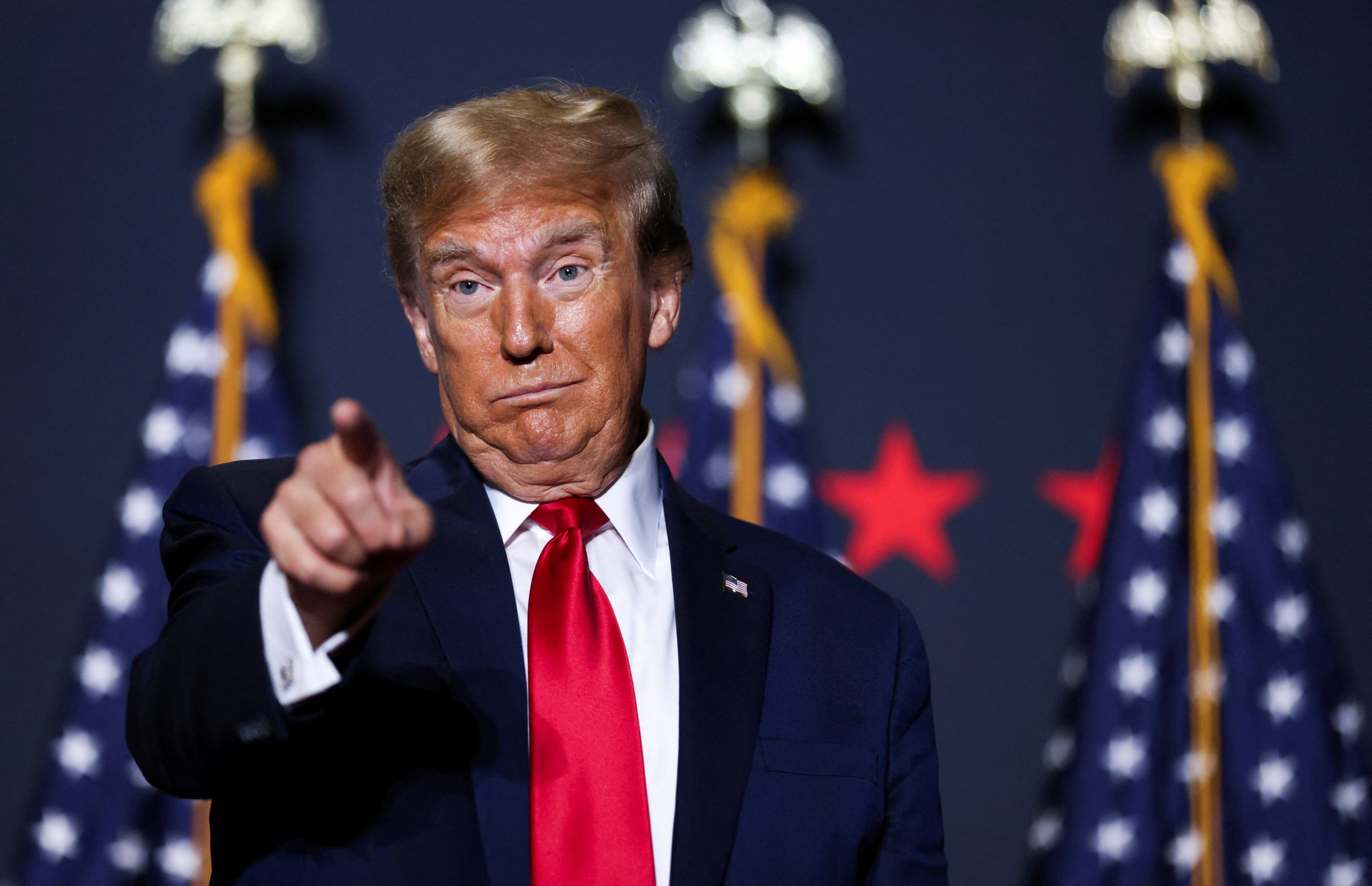President Donald Trump has postponed the implementation of new tariffs on key trading partners until August 1, 2025, a move that has elicited mixed reactions from international trade partners and domestic businesses. The tariffs, initially set to take effect earlier this month, are part of the administration’s strategy to address perceived trade imbalances and encourage more favorable trade agreements.
In letters sent to 14 countries, including Japan and South Korea, President Trump outlined new tariff rates, indicating that if these nations do not reach trade deals with the U.S. by August 1, they will face increased duties. The proposed tariffs range from 25% to 40%, depending on the country. For instance, Japan and South Korea would face a 25% tariff, while countries like Myanmar and Laos would be subject to a 40% tariff. These duties are set to apply to a range of imports, including appliances, electronics, chemicals, plastics, and rubber products.
The delay in tariff implementation has been welcomed by some sectors, particularly retailers who now have additional time to stockpile goods ahead of the holiday season. This extension is expected to mitigate potential disruptions in the supply chain and provide consumers with a more stable pricing environment in the short term.
However, the uncertainty surrounding the tariffs has also raised concerns among businesses and investors. The fluctuating nature of U.S. trade policies has created an environment of unpredictability, making it challenging for companies to plan long-term strategies. The potential for escalating tariffs could lead to higher production costs and, ultimately, increased prices for consumers. Economists warn that prolonged uncertainty may dampen business investment and consumer confidence, potentially slowing economic growth.
Internationally, the delay has been met with a mix of relief and apprehension. Countries like Canada and Mexico, which have been directly affected by previous U.S. tariffs, view the postponement as an opportunity to negotiate more favorable terms. However, the looming August 1 deadline continues to cast a shadow over trade relations, with nations seeking to avoid the imposition of higher tariffs.
In summary, while the postponement of new tariffs until August 1 provides temporary relief to certain industries and trading partners, it also underscores the ongoing volatility in U.S. trade policy. The coming weeks will be crucial as nations work to negotiate terms that prevent the escalation of tariffs and promote more stable and equitable trade relationships.












Why delay tariffs when we could use the revenue? Trumps tactics are confusing, making it hard to predict trade outcomes.
Trumps tariff delay is like a rollercoaster ride – exciting for some, nerve-wracking for others. Whos ready for the twists and turns ahead? 🎢🤔
I think Trumps decision to delay tariffs is a smart move. It gives businesses time to adjust without causing immediate chaos.
Is Trump playing 4D chess or just winging it? August 1 tariff delay is like a plot twist in a soap opera!
I think Trumps decision to delay tariffs is just a temporary band-aid. Will it really solve the underlying trade issues? 🤔
I dont get why people are upset about the tariff delay. Its a win-win for everyone, right? Lets chill and see how things play out.
Is President Trump playing 4D chess with these tariffs or just causing chaos? Lets discuss! 🤔🤯 #TradeWars #MixedReactions
Do you think this tariff delay will actually benefit the economy, or is it just a temporary band-aid solution? Curious to hear your thoughts!
I think Trumps tariff delay is just a tactic to keep everyone on their toes! Cant trust politicians these days.